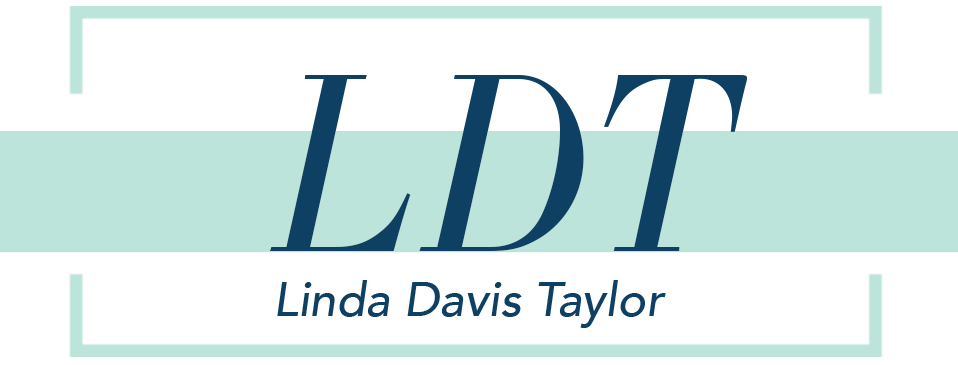On This International Women's Day, We Can Close the Gender Wage Gap
/We’ve all heard the statistic: On average, women's salaries are 20% less than their male counterparts. And, this number changes drastically based on race and ethnicity. This lifetime of financial disparity has resulted in tens of thousands of dollars of missed opportunities for women and their families.
While there is no doubt that something must be done in order to equalize pay across genders, we cannot wait for our political representatives or corporate executives to enact policies that will ensure parity of incomes. As a first step, we can take matters into our own hands.
On this International Women’s Day, I call on all women to advocate for their value and encourage their sisters, mothers, daughters, and friends to do the same. Below, are some tips and advice based on personal experience to build the financial skills and confidence to ask for what you deserve at your job.
Quantify your value
Before heading into any negotiation, it is important to first understand your worth in a tangible way. Do your research to understand both the economic landscape of your industry and how your experience and skills fits within it (Glassdoor is a one option for researching salary ranges based on industry, position and location).
Same as preparing for an interview, set your expectation for what you consider reasonable compensation. Ask yourself three questions ahead of a conversation with an employer:
To set a baseline, what is the minimum offer you would consider?
What is the target range that you believe your compensation should fall within?
How can you demonstrate the value that you’re bringing to the table? What color can you add to the story?
Think like an employer, considering all the factors that go into an offer. If a salary or hourly rate is non-negotiable, what about paid time off? Compensation for your commute? Flexibility to work from home? Personal care perks such as discounted corporate rates for gym memberships or half-day Fridays? Ask about opportunities for continuing education and a meeting to review your performance (and salary) after six months. Negotiations with your employer starts with yourself first. Explore the things that matter most to you and will enrich your life on both a personal and professional level.
Know your power
Many women fear that negotiating their options means the offer itself might disappear from the table entirely. Remember that you can always feel empowered to ask questions and explore what is and is not possible at your place of work. By arming yourself with knowledge of the industry and your own history of skills, you can feel confident that your desires are based in logic -- and not easily dismissed by a company.
When it comes to the actual negotiation, take time to first fully review the offer. It is completely fine to ask for time to think more and request a second meeting to discuss. During the meeting, remember that the burden is not entirely on you. You are allowed to “poke holes” and ask questions about how the employer decided the points of your offer.
Remember another key strategy: silence. Instead of launching into your own rationale, embrace the moments of awkward silence. As Business Insider explains, try phrases like: “Would you consider $[X]?” or “I am a little surprised on the offer. Based on my research, I expected ${X]” -- and then stop and wait for a response. This ensures the employer is equally on the hook for justifying their rationale. You have already done your research; now it is time to see theirs.
Lean on your network
Money is one of those topics that remains rather taboo around the dinner table. But that does not mean we should allow personal finance to remain shrouded in stigma. Taking a new job or reviewing your options after a work anniversary does not have to be a solo decision.
Reach out to your trusted friends and families and ask them to share their own experiences or suggestions for feeling confident going into a negotiation. What did they wish they would have known themselves? What factors weigh into their own decisions? Expressing your insecurities or fears about an upcoming negotiation is not a sign of weakness -- but rather a chance to be open and honest about what is important to you.
Remember: you should never feel like you need to apologize for demanding your worth. Rather than coming from a place of greed or ego, salary negotiations are part of creating financial freedom and leveraging new opportunities for growth. These negotiations are an opportunity to keep building our personal and professional confidence. They also encourage us to continue flexing the often neglected self-worth muscle and to finally reach our financial power. And if we can equip women with the skills to advocate for themselves financially and personally, we can each play a part in closing the gender wage gap.
Note: All opinions expressed by Linda Davis Taylor are solely her opinions and do not reflect those of Clifford Swan Investment Counselors. You should not treat any opinion expressed by Ms. Taylor as a specific recommendation to make a particular investment. Ms. Taylors’ opinions are based upon information she considers reliable.


